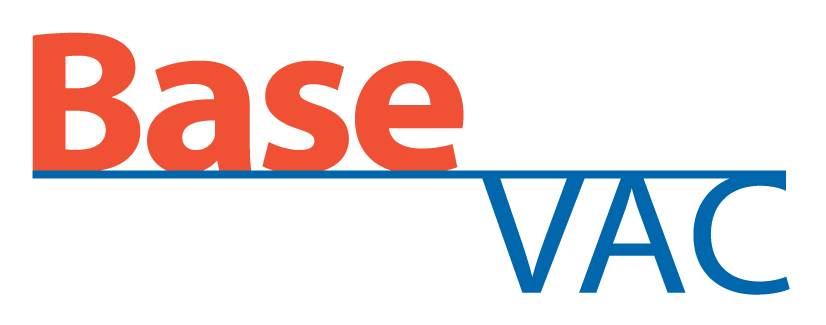Dental Vacuum Systems are an important piece of equipment in a Dental Practice, often referred to as the “Heart of the Clinic.” Manufacturers of Dental Vacuum Systems design the installation requirements of this essential piece of equipment based on the demands of a Dental Clinic and the building code that governs them.
BaseVac recognizes that a Dental Mechanical room is often an afterthought in Clinic Design, typically shoved in a small inadequate space. The “afterthought” mechanical room is often the cause of clinics being shut down due to equipment failures. Arguably, the most important equipment of the clinic ends up in the mechanical room, and if any equipment in that room fails, the clinic cannot run. BaseVac has started this series to help highlight the importance of proper ventilation for optimal service from a Dental Vacuum system.
This segment of the series will be reviewing the purpose of proper ventilation for Dental Vacuum systems. The top three reasons we will be discussing are the following;
i. Removing heat from the mechanical room
ii. Contaminated air
iii. Nitrous gas removal
Today we will be focusing on the removal of heat from a mechanical room.
Removing Heat from the Mechanical Room
One of the top causes of failure in a mechanical room is failure due to overheating. On average, the typical sized motor of a piece of Dental Equipment is 2HP. That would be 2HP for the vacuum and 2HP for the compressor. The estimated heat generated by a 2HP motor is, on average to be 5,000 BTU/Hour. That is a lot of heat to pump into an enclosed space.
Most manufacturers require the ambient temperature of a room to range between 10⁰C - 40⁰C (50⁰F -104⁰F). If a mechanical room is not properly ventilated, the temperature can easily exceed the recommended range within hours. The heat often proves to be extra damaging to clinics, as many offices are designed to have their networking stations also located in a mechanical room. The networking stations not only add additional heat to the space but can easily fail due to the high temperature.
Venting the heat from a vacuum pump can significantly reduce the temperature in a mechanical room. To significantly support your efforts in keeping a cool mechanical room, additional improvements to increase airflow will also help immensely;
- Adding an industrial-grade ceiling fan (500 CFM or higher)
- Partner the ceiling fan with adequate air return to allow new fresh air to fill the space that the fan exhausted. (Central AC ventilation, air intake vent, and a portable AC unit are great options)
Follow Us
Our next segment will continue with the Purpose of Proper Ventilation, focusing on removing contaminated air and nitrous gases.

